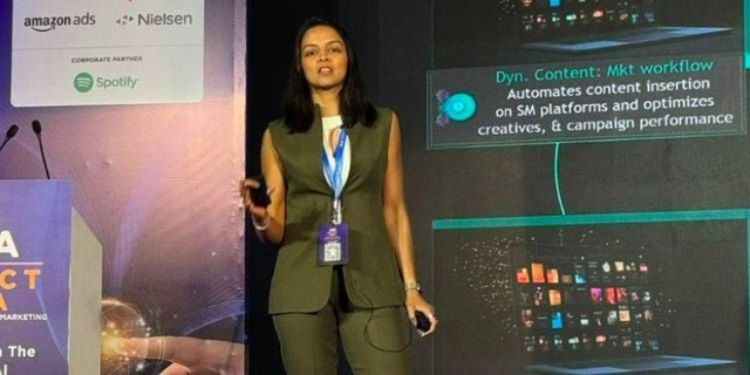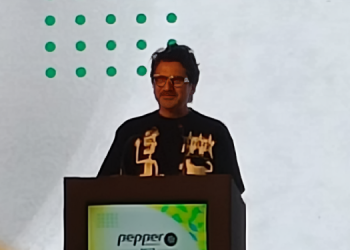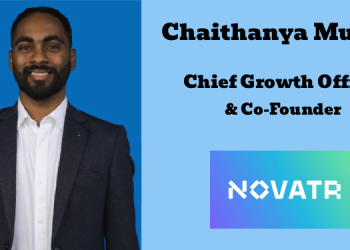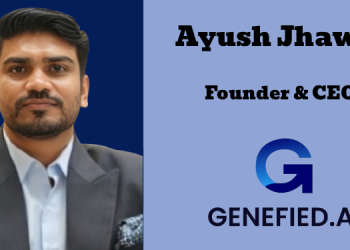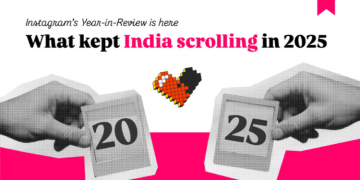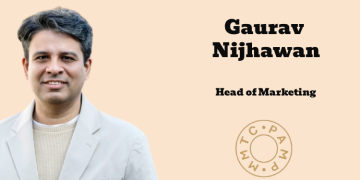Mumbai: At MMA India’s Impact India 2024 Summit BCG MD, partner Parul Bajaj delivered a keynote called ‘AI Powered By Marketing And Commerce.’ She noted that 70 percent of the successes of an organisation in terms of using AI will be driven by people, processes and culture. This will be about re-designing business processes, organisational structure, creating digital literacy and getting in the right talent to then take it forward.
She said that while Netflix gives specific recommendations the image given to one user on the homepage to promote a series may not be the same image that another user gets who is sitting close by. That is the power of AI and personalisation. This is a strategy followed by other companies like Starbucks, L’Oreal.
“AI has very disruptive implications in both marketing and commerce. It can increase efficiency, reduce work and reduce repetitive work that does not fundamentally require expertise. It can give companies competitive advantage where previously none existed.” She said that BCG has spoken to CMOs. 70 per cent are optimistic about AI and its applications in marketing. 85 per cent plan to launch an application of Gen AI whether it is a product or a service. The focus rests on personalisation. This will be the highest impact use case when comes to AI in marketing. But CMOs have a set of questions that they grapple with as they think about Gen AI. They want clarity on what it is and how they should approach it. In all the functions like product innovation, marketing funnel, marketing operations one has to see where it is that one can unlock the highest productivity or use of Gen AI.
They are trying to figure out the right strategy she explains. Should it be an end to end solution or an end to end transformation? Or should it be about specific use cases? Are partnerships needed or can one do it oneself? There are risks of Gen AI and horror stories have come out in the open she noted. There are concerns around privacy, fairness that can lead to bias. The question is how one as an early adapter navigate some of these pitfalls and risks.
Six Use Cases: Underpinning all this she explains is the application of AI in the whole organisation and the ways of working. “That adoption is the one thing that will truly drive impact in these organisations.” When one looks at the applications of AI across the entire consumer experience, the entire consumer funnel BCG sees six primary use cases, areas where AI can have significant impact. The first one is creating dynamic content and optimising the marketing workflows to be able to develop content at scale in a very efficient manner. The second one is sensing customer demand and then using that to drive superior product innovation. One can use the entire market research process like the survey, the interview planning, the analysis, and leverage the insights gained to drive superior content engagement.
The third area is that of customer service. Many applications are there like Chatbot and AI can drive superior customer service. The fourth area is about personalisation at scale. It is about a segment of one. AI in the fifth area can help with sales and help the sales person at the shop floor deliver a set of outcomes in a more efficient manner. The sixth one is conversational commerce. This means leveraging a consumer’s preferences, tends, past behaviour in the current context to have an intelligent conversation with the customer and get the customer to convert. This is the full arc of the possible.
Conversational Commerce: She spoke further about conversational commerce. Earlier it was human based. Now you have a rule based Chatbot. One gets standardised answers given. Some companies now have moved towards Gen AI enabled chat. Based on a consumer’s past behaviour the right recommendations are generated to convert the customer she explained. The next step would be full voice and video enabled Gen AI chatbots. BCG spoke to consumers to understand the categories that they would be interested in trying conversational commerce and the method of involvement in that category.
There are three clusters playing out. In one customers have a very high interest in leveraging Gen AI in conversational commerce. These are high involvement purchases. Travel is one category here in terms of customers thinking of flights, hotels, destinations etc. “That is actually an important use case for conversational commerce. On the other side there are categories and products that consumers find very complex to buy.
Here consumers are very sceptical about using Gen AI chatbots. For instance buying a car. Here you still want to do a human interaction and do a test drive. In the middle are categories where a consumer does not want to think too much about the product like day to day grocery shopping, day to day food deliveries. Depending on the categories that they operate in companies have to think about the level of investment that they want to make into conversational commerce.
Personalisation: She spoke about another use case of personalisation in terms of creating content at scale using Gen AI. In the past it would take six weeks to create a campaign to go from consumer insight to the actual content. That is being crunched through less than a day using the power of Gen AI like ChatGPT. It can be used to generated different combinations of content, production, surveys and analyse insights etc.
For CMOs personalisation is important across the entire funnel including consideration, loyalty. There are clear use cases. As mentioned at the start there is different imagery being used and there is micro marketing level targetting going on. But this is costly to produce without AI. One can now do hyper personalised ads at scale at a very low cost through AI. Chatbots can be used to deliver personalisation for low interest categories.
Conversational Search: A part of a marketer’s budget goes into Search in things like discovery, optimisation she added. But it is not always relevant for a brand and the objectives being looked at. So there is the opportunity do conversational search. One should look at optimising Search using Gen AI.
She also said that a lot of email marketing was done in the past to drive purchases, loyalty. Consumers would not engage on those emails. Now one can look at targetting the consumer not just through emails but at the right point where they accept the brand. In the US Starbucks targets depending on a consumer’s habits. So if they know that everyday a consumer walks to a Starbucks at 7:45 am an alert can be sent on the mobile notifying him/her that since the weather is cold they might want to try a Hot Chocolate. That obviously has more impact compared to the consumer getting an email which he/she might see only later on maybe in the night. “Gen AI thus allows for unlocking of hyper personalisation across the entire consumer funnel in the right manner.”

